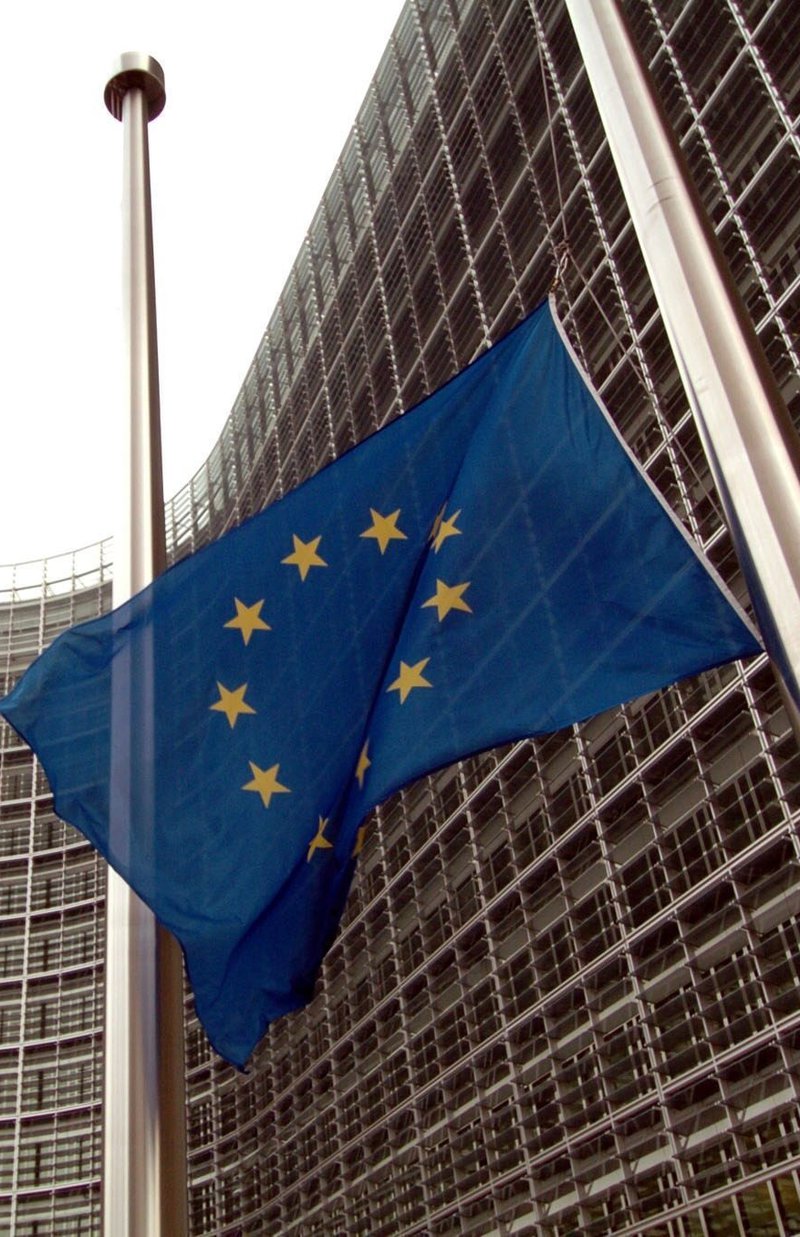Is the European Union mutating?
As an expression of the will of the majority of the Catalan people to be free of centuries of colonial oppression in Spain and to build a new democratic and social state on October 27, 2017, the Catalan Republic was proclaimed by the Parliament of Catalonia. The legal basis is international law, specifically the Charter of the United Nations and the International Covenant on Civil and Political Rights, where the right of peoples to self-determination is enshrined. Spain ratified this agreement in 1977 and articles 10 and 96 of the Spanish Constitution oblige respect for it, above national regulations.
However, the reaction of Spain was undemocratic and typical of an old empire. Violating its own rule of law, it carried out an institutional coup d’état and dissolved the Parliament of Catalonia, imprisoned the members of the Catalan Government who had not been exiled, along with prominent members of civil society, and ruled Catalonia directly from the hypercentralist capital. Spain once again demonstrated that it preferred to abandon democracy before the independence of Catalonia.
Despite the repression, the Catalan people continued to resist, as in the last centuries. Thus, in spite of very unfavourable conditions, the independentists again won in the elections to the Parliament of Catalonia in December 2017. But Spain did not like it at all and its judicial apparatus intervened to arbitrarily change the result of the ballot box. And so it prevented president Carles Puigdemont and other representatives from taking office. But the independence movement did not stop and on March 16, 2019, in Madrid it organised an historic mass demonstration of more than one hundred thousand people to protest the trial against Catalan political prisoners.
Likewise, despite the interferences of the Central Electoral Board (JEC), which acquired an unusual role, independentism in the elections to the Spanish Parliament on April 28, 2019, improved the previous result of June 2016. As the JEC did not like that, it tried to prevent president Carles Puigdemont and two other ex-members of his government from becoming candidates for the European Parliament elections on May 26, 2019. This time the irregularity was very evident and the courts annulled the decision. On the other hand, the Supreme Court in the trial against Catalan political prisoners vetoed the presence of international observers, but accepted the presence of lawyers of Vox, a clearly neo-fascist party.
Another example of the resilience of the Catalan independentist movement was the landslide victory by a pro-independence candidacy at the recent elections of Barcelona’s Chamber of Commerce this May, 2019. That also shows the high level of support for independence from a significant part of Catalan business people, thus contradicting the fabrications from most of the Spanish media. In fact, it also shows the diversity within Catalonia’s pro-independence movement.
It is true that the Catalan Republic has not yet been implemented, but this should not be an obstacle to its international recognition, as in the case of Kosovo. The Catalan independentist movement is civic and democratic. The independence of Catalonia will increase the number of European democratic and advanced countries. And at the same time, help oppose the ascent of the extreme right that will weaken the undemocratic Spanish State.
In any case, the European Union cannot afford to continue to turn a blind eye to the serious violations of human rights in Catalonia and so betray its founding values. Nor can the European Union continue to delay the application of article 7 of the Treaty on the EU in Spain. The alternative is fascist barbarism and the disintegration of the European Union.

